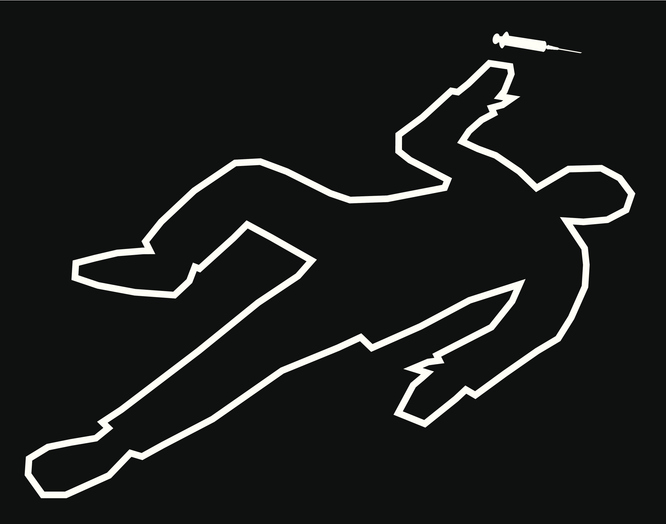
We all want to be close to the living God. We want to be guided by Him, commune with Him, and enjoy Him.
While it is grand to sense God’s presence, being close to God can be hazardous to your health. There were restrictions about being near to the Almighty.
Numerous verses support the reality that being close to God geographically or through a high position of leadership is inherently dangerous:
- Within one week after being anointed to serve as priests, two of the sons of Aaron were killed by God. Aaron was still within the one-week anointing period and was not allowed to leave the tabernacle, “or you will die” (Leviticus 10:2, 6, 7, and 9).
It is dangerous to be close to God. Fine tolerances. No creativity (doing things one’s own thing–not a good idea). Nadab and Abihu offered ‘strange fire,’ that is, unauthorized fire; fire from a non-sacred source. Possibly they had let the fire go out on the altar and therefore had to rekindle it. Leviticus 16:1 gives the reason for their deaths as “they approached the Lord.” “Approach” speaks of getting physically near. Not a good idea.
- “Whoever touches the mountain shall surely be put to death” (Exodus 19:12).
- “God said to Moses, ‘Tell your brother Aaron not to come [into the Most Holy Place] whenever he chooses to . . . or else he will die” (Leviticus 16:2). Apparently Aaron was going into the holy place a bit casually. Another warning comes within a few verses: “he is to put the incense on the fire . . . and the smoke of the incense will conceal the atonement cover above the Testimony, so that he [Aaron] will not die’” (Leviticus 16:13).
- Ahio died when he reached out his hand to steady the ark (II Samuel 6:6 & 7). Ahio violated the separateness of the living God from sinful humanity.
- The reason given for making the golden calf was that people assumed Moses was dead. He had gone up to the thundering, fiery, trembling mountain and people assumed he got too close to God physically / geographically and he was killed for it (Exodus 32:1).
- The people of the exodus were afraid they would die (Exodus 20:19).
- Aaron was to have bells on his priestly garments so the sound could be heard as he went in and came out of the Holy Place “lest he die” (28:35).
- The right garments had to be worn by Aaron and his sons “so that they will not incur guilt and die” (28:43).
- “Appoint Aaron and his sons to serve as priests; anyone else who approaches the sanctuary must be put to death.” In Numbers 3:10 & 38
God told him not to do that, “lest he die” (see also Leviticus. 16:2 & 13).
- While there is no specific direction to rebuke sinning members of a given congregation publicly, there is direction to rebuke a sinning elder publicly (I Timothy 5:20). Leadership carries greater honor and greater punishment.
Yes, it is great to be a man of God, and it can be thrilling to represent Him, but it carries inherent danger.

The summer I graduated from high school, I worked in a machine shop. We worked on screw machines and turret lathes. A part could be plus-or-minus .005 of an inch. For me, that was a tight tolerance within which to work.
Likewise, there were tight tolerances for Moses’ relationship with the Almighty. No messing up the protocols. When he smote the rock and got a little too cozy with the Almighty (“must WE bring water out of this rock;” Numbers 20:10) he was outside the tolerances, committed the sin unto death (I John 5:16; a sin that results in loss of physical life; see Acts12:23 and Joshua 7:25) and lost his ticket to the Promised Land. So Moses died on the east side of the Jordan.
A godly leader—father, business man, mother, church elder, pastor or civic leader – is looked to and respected. While God Himself speaks positively about such men and women in the Bible, there is a limit to how close to Him the Living God allows even such righteous people.


Recent Comments